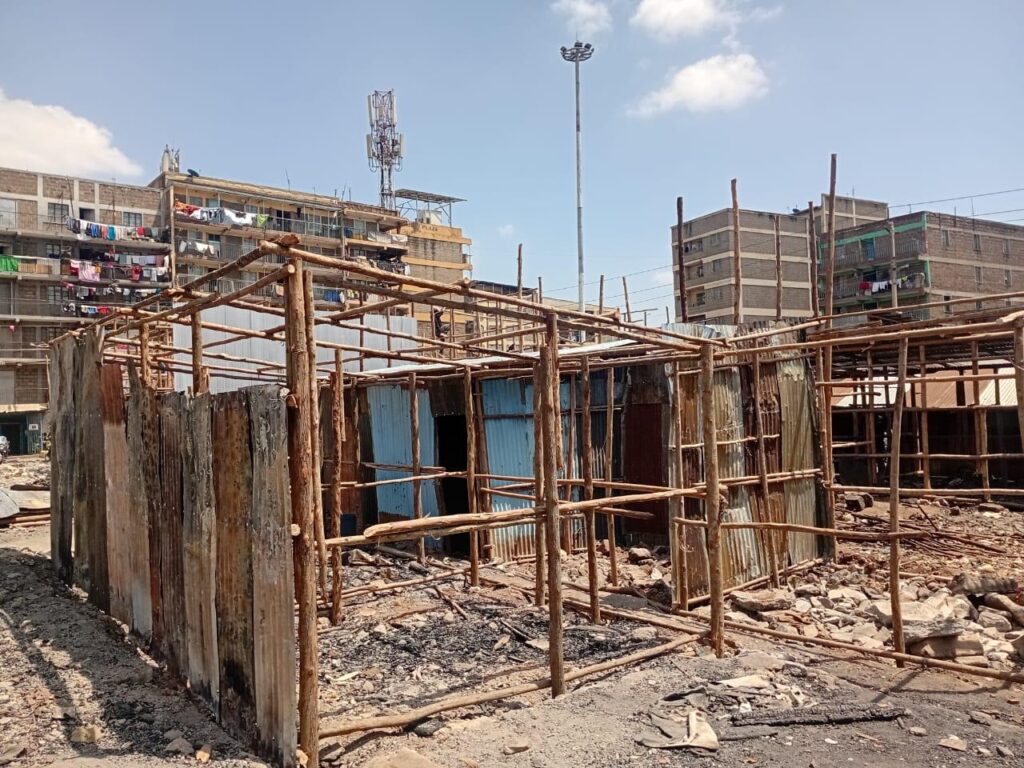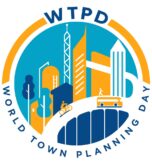Informal settlements make up a huge part of Kenya’s urban landscape, yet they are often left out of official plans and services. In Kiandutu, one of the largest settlements outside of Nairobi, fire outbreaks are a regular threat to safety and livelihoods. This project set out to understand how residents cope with these risks and what role community resilience plays when formal systems fall short.
To explore this, we combined interviews, focus group discussions, and direct observations on the ground. These conversations revealed not only the daily struggles of living with limited infrastructure, but also the creative ways in which people organise and support each other during crises.
What stood out most was that strong social bonds exist, but organised disaster responses such as training, early warning systems, or dedicated community groups are scarce. Poverty and the hope that government-led upgrading will eventually arrive often prevent residents from taking collective action themselves.
This matters because informal settlements are not temporary spaces. They are spaces where millions of Kenyans live and build their futures. Recognising and supporting these communities is key to reducing disaster risks.
Resilience is more than a policy concept as it is something people practice daily, often under the most difficult conditions.

By Merlijn Eversdijk






